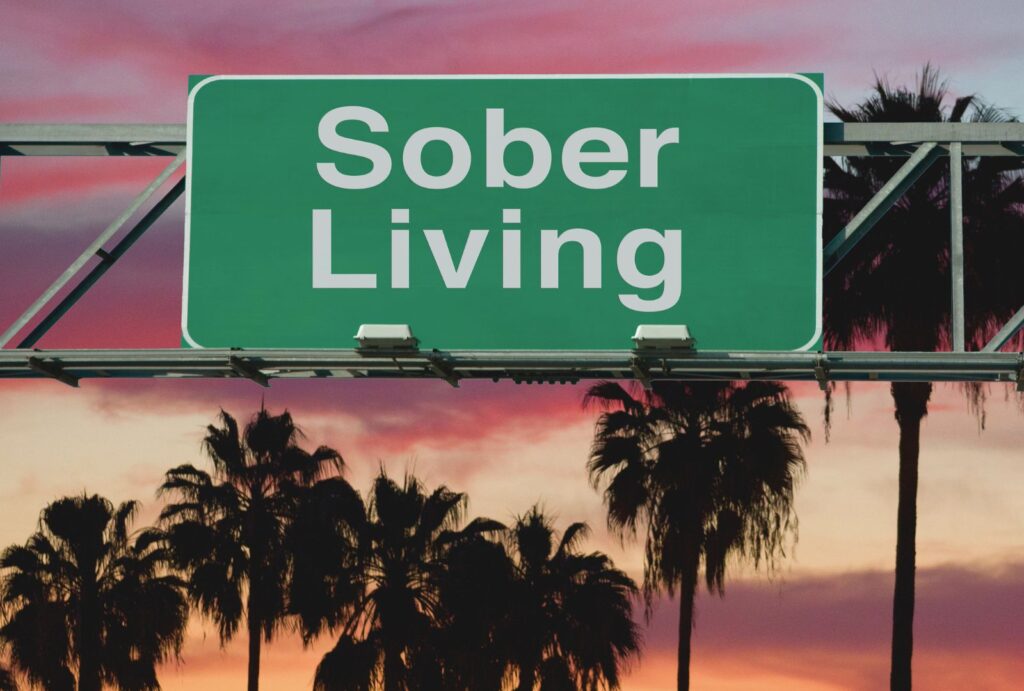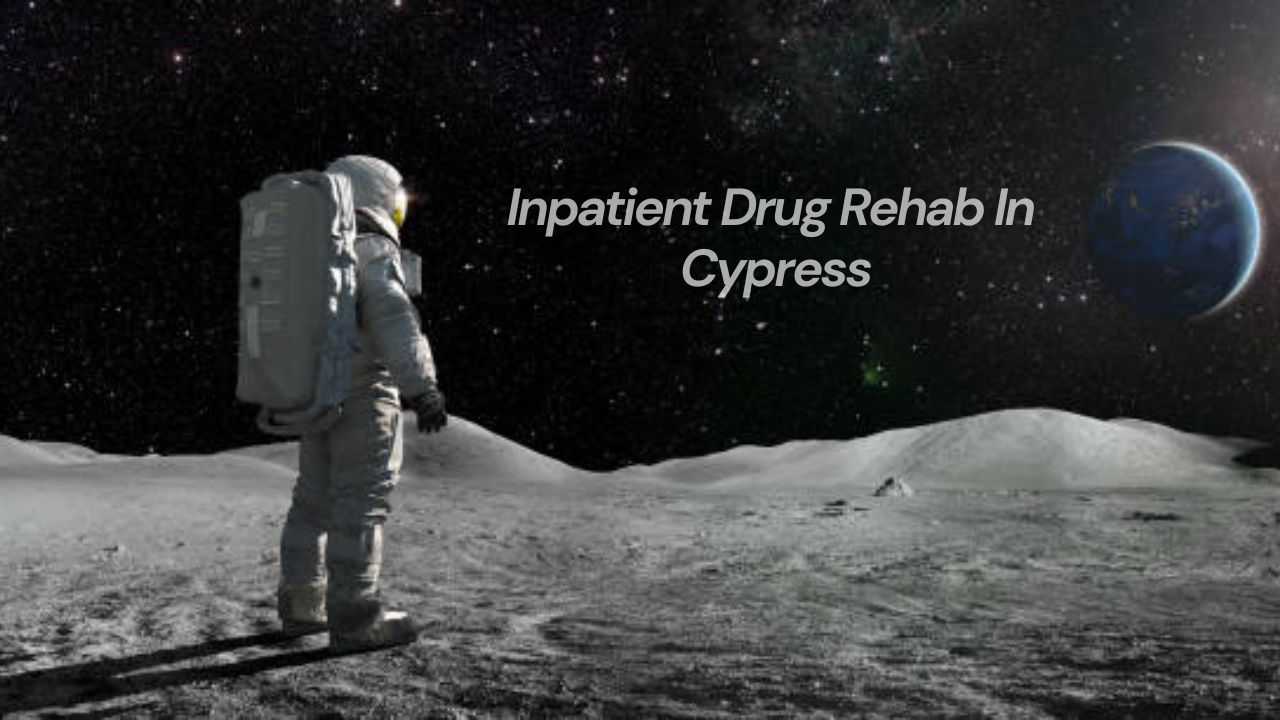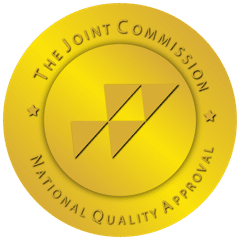Staying sober after rehab requires more than just willpower, it involves daily habits, support systems, and a proactive recovery plan. While completing treatment is a major milestone, long-term sobriety is a journey that takes ongoing commitment and structure.
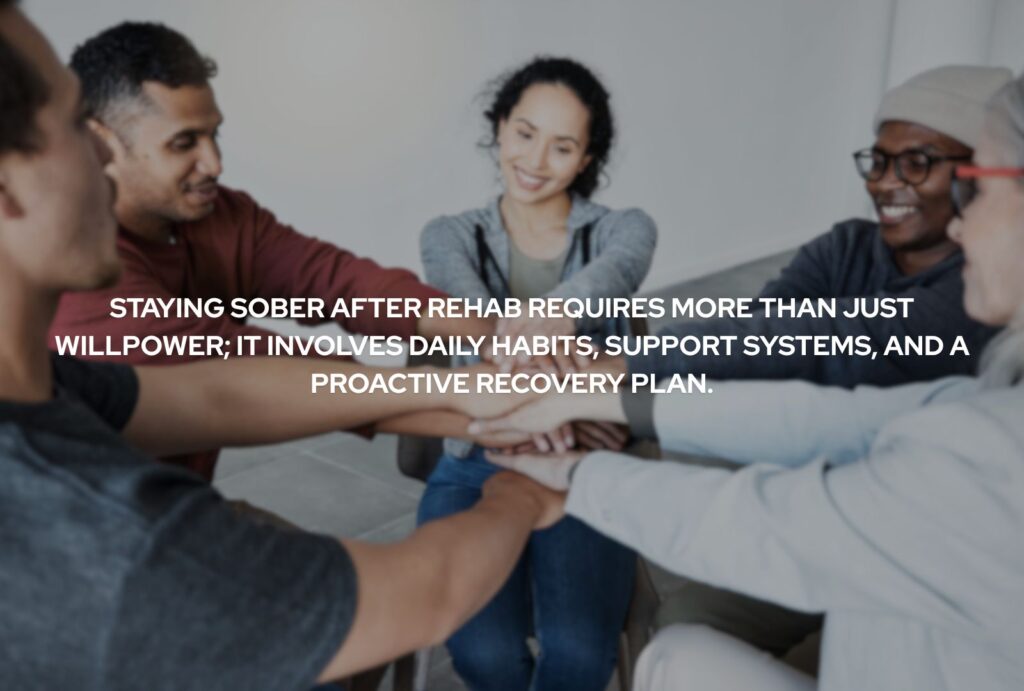
1. Build a Daily Routine
Creating a consistent daily routine helps reduce uncertainty and reinforces accountability. Waking up at the same time, setting goals, exercising, and prioritizing self-care are all small actions that reduce relapse risk.
Having structure minimizes idle time, which is often when cravings or triggers emerge. Simple routines create a stable foundation for continued recovery.
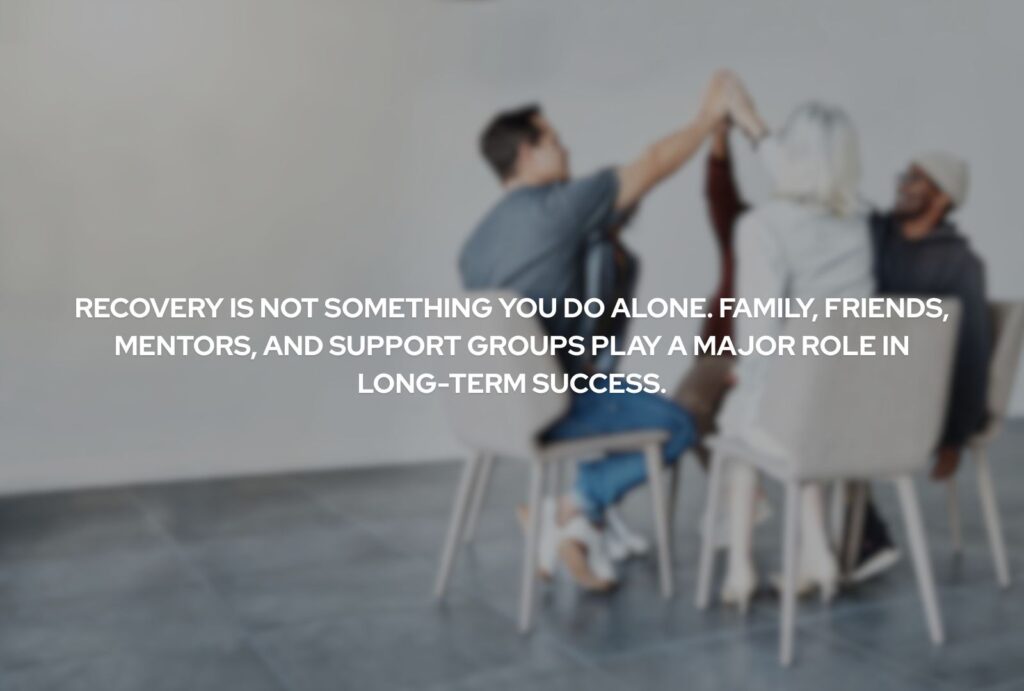
2. Continue with Outpatient or Aftercare Programs
Transitioning from rehab into outpatient care or a structured aftercare program provides ongoing therapy, support groups, and relapse prevention tools. These services are designed to help individuals maintain momentum after inpatient treatment.
Studies show that individuals who participate in continuing care are significantly more likely to remain sober one year post-treatment compared to those who do not.
3. Surround Yourself with Supportive People
Recovery is not something you do alone. Family, friends, mentors, and support groups play a major role in long-term success. Surround yourself with people who respect your sobriety and understand your boundaries.
Participating in peer-based programs such as Alcoholics Anonymous (AA), SMART Recovery, or Narcotics Anonymous (NA) can offer both accountability and encouragement.
4. Identify and Avoid Triggers
Recognizing your personal triggers—such as certain environments, people, or emotions—is essential for preventing relapse. Write them down, develop coping strategies, and don’t hesitate to step away from high-risk situations.
Triggers can include:
- Bars or parties
- Financial stress
- Conflict in relationships
- Boredom or isolation
Learning to recognize these early and respond in healthy ways is a skill that strengthens over time.
5. Set Realistic Goals
Staying sober isn’t just about avoiding substances—it’s about building a life worth staying sober for. Setting small, achievable goals helps keep you focused and motivated. These goals might include:
- Returning to school
- Finding a job
- Rebuilding family relationships
- Developing a new hobby
Each accomplishment becomes a reminder of the progress made.
6. Prioritize Mental and Physical Health
Your physical and emotional well-being are directly connected to your recovery. Exercise, healthy eating, sleep, and mindfulness practices like yoga or meditation can regulate mood and reduce anxiety.
Therapy also plays a critical role. Many people continue with individual counseling post-rehab to work through unresolved trauma or mental health conditions.
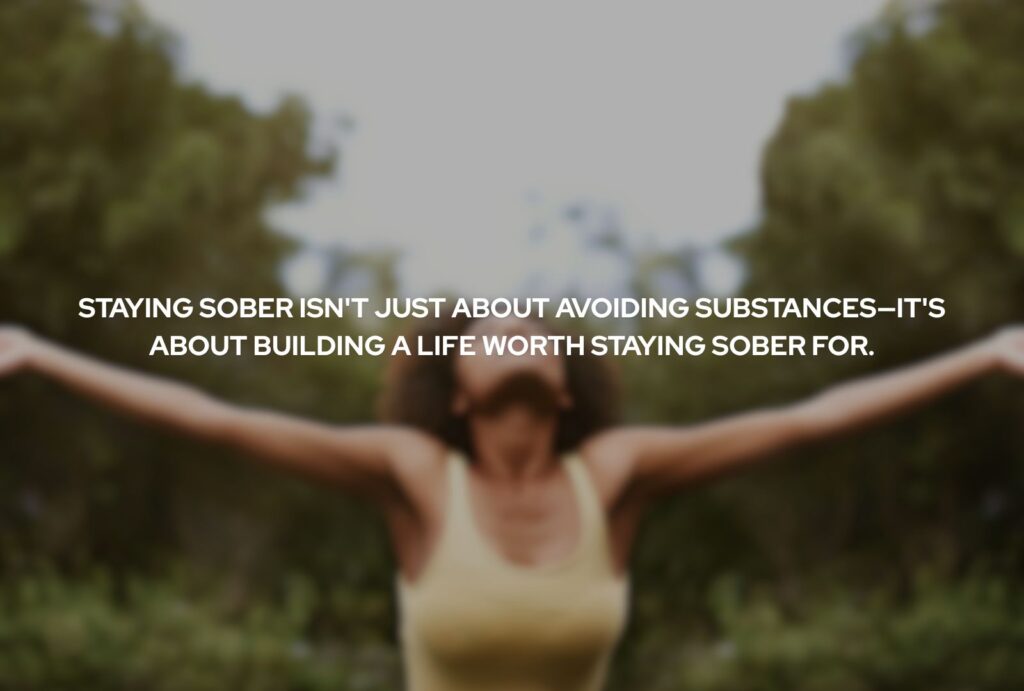
7. Create an Emergency Relapse Plan
Even with strong support and discipline, setbacks can happen. A relapse plan outlines what to do if cravings become overwhelming or if a slip occurs.
Include:
- Who to call
- Where to go for support
- Strategies to redirect harmful thoughts
Having a plan in place empowers you to act quickly and recover without spiraling.
What Happens After Rehab?
Many wonder what the next phase of life looks like once treatment ends. In what happens after rehab, we walk through what to expect in the days, weeks, and months that follow discharge—covering everything from work reintegration to rebuilding trust at home.
How Long Does It Take to Recover from Addiction?
Recovery doesn’t end when rehab does. Our article on how long does it take to recover from addiction explains why healing is a long-term process, with physical, emotional, and social milestones unfolding over time.

Conclusion
Staying sober after rehab is an ongoing process that depends on daily action, a strong network, and structured support. Whether you’re attending outpatient rehab in Anaheim or following a personalized aftercare plan, what matters most is commitment to change and resilience in the face of challenges. With the right strategies in place, long-term sobriety is absolutely possible.
